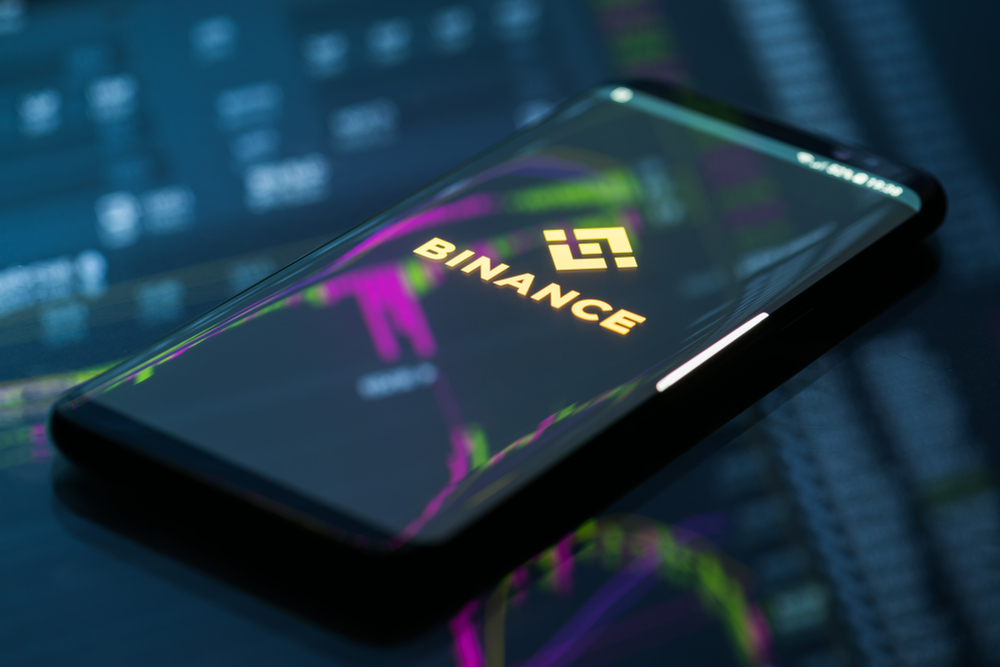In a recent report, the Financial Crimes Enforcement Network (FinCEN) has listed Binance as one of the significant counterparties of Bitzlato. This Russia-based digital asset exchange was recently charged with money laundering by US financial crimes commission and allegedly facilitating the circumvention of sanctions against Russia.
On Wednesday, FinCEN announced that Binance was one of the top receivers of Bitcoin transactions from Bitzlato from May 2018 to September 2022. In addition, Hydra, a Russia-related darknet market, and Finiko, a suspected Russian-based Ponzi scheme, were also mentioned as Bitcoin recipients.
FinCEN stated in its order that most of Bitzlato’s top sending and receiving partner companies are connected to darknet markets or scams. With $206 million, $224 million, and $9 million coming from darknet markets, scams, and ransomware attackers, respectively, between 2019 and 2021.
While the agency did not name Binance as one of the top three sending counterparties, it did mention that LocalBitcoins and Finiko, based in Finland, were among the most prominent Bitcoin senders to Bitzlato between May 2018 and September 2022.
Reports are circulating that numerous US agencies are taking severe action against Bitzlato, accusing the platform owners of money laundering and assisting in evading sanctions imposed on Russia.
Earlier in the week, the FBI arrested the head of Bitzlato, Anatoly Legkodymov, in Miami as part of their investigation. Bitzlato, established in 2016, is a lesser-known cryptocurrency service provider located in Moscow, in the Federation Tower skyscraper.
It is known for accepting transactions of a minimum of $100,000. Rumors of Binance’s involvement in Bitzlato’s case bring up worries regarding the exchange’s activities and potential connections with Russia.
The Need For Exchanges To Have Rigorous Compliance Procedures
Reportedly, Binance was among the crypto exchanges that chose to provide services to those in Russia despite the EU’s sanctions against the country. The FinCEN statement is yet another reminder of the intricacies of the cryptocurrency space.
It also proves the need for exchanges to have rigorous compliance procedures, including Know Your Customer and Anti-Money Laundering regulations. With the recent news coming to light, digital asset exchanges must prioritize compliance with all applicable laws and regulations in all jurisdictions they operate.
Furthermore, they must take proactive measures to ensure they are not providing services to customers using digital assets for money laundering, terrorism financing, or sanctions evasion. In addition, Exchanges must ensure that their customers are aware of any potential risks associated with these activities.
Hence, they can take measures to safeguard themselves from any probable legal or financial consequences. By taking these steps, digital asset exchanges can protect their customers, businesses, and the integrity of the digital asset market.
